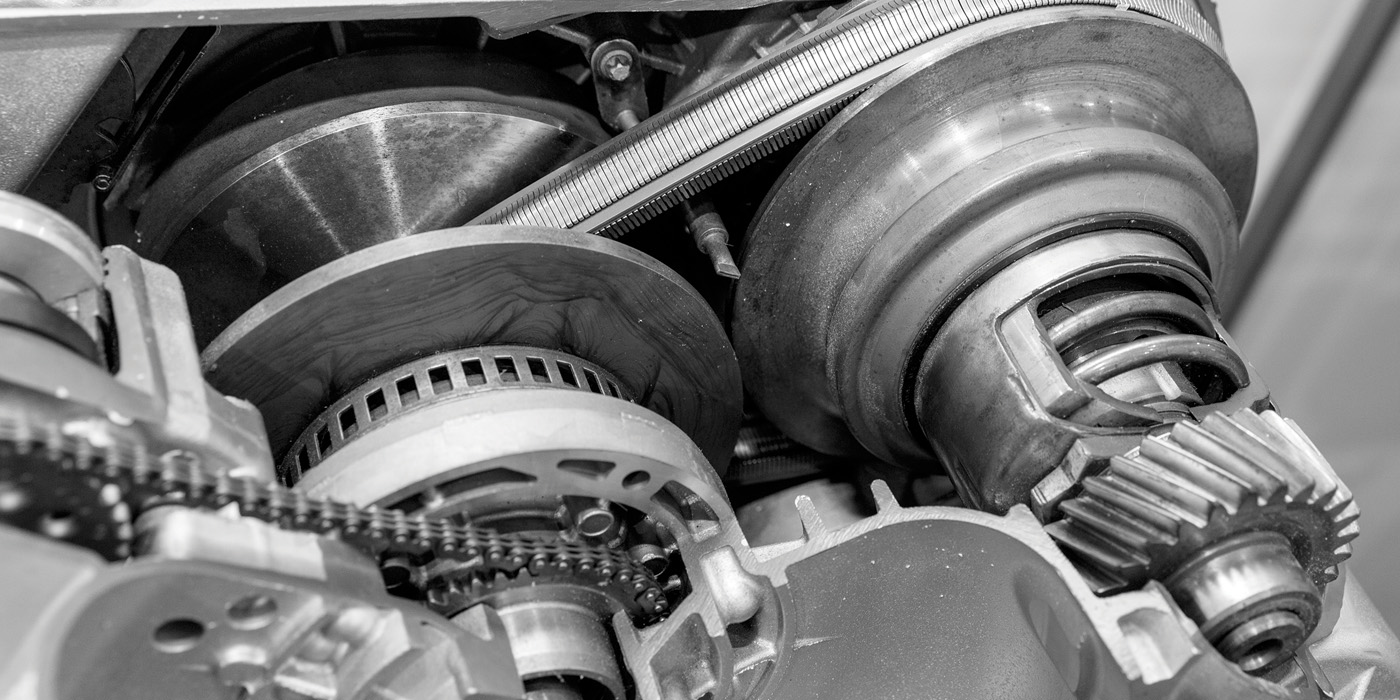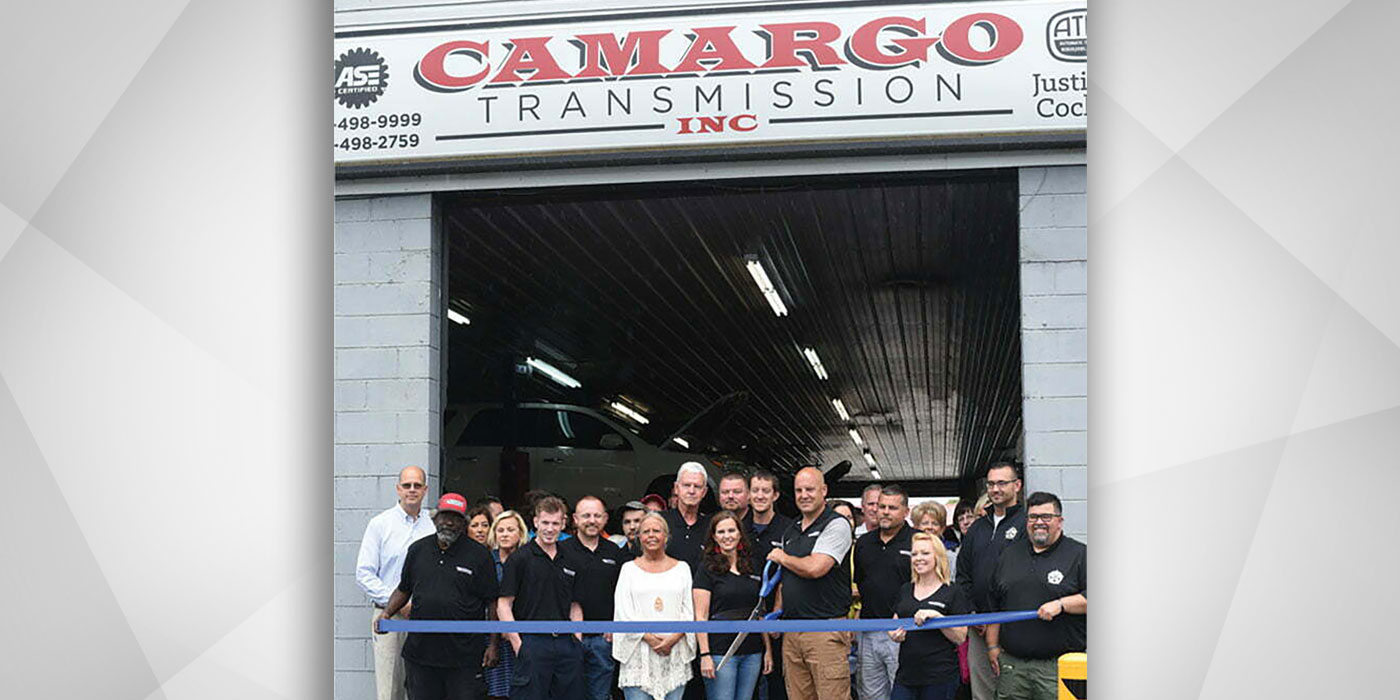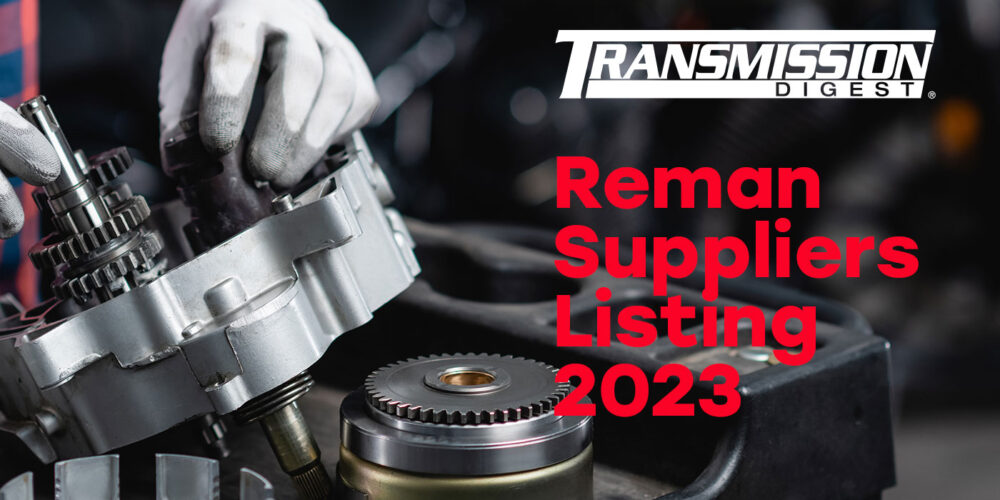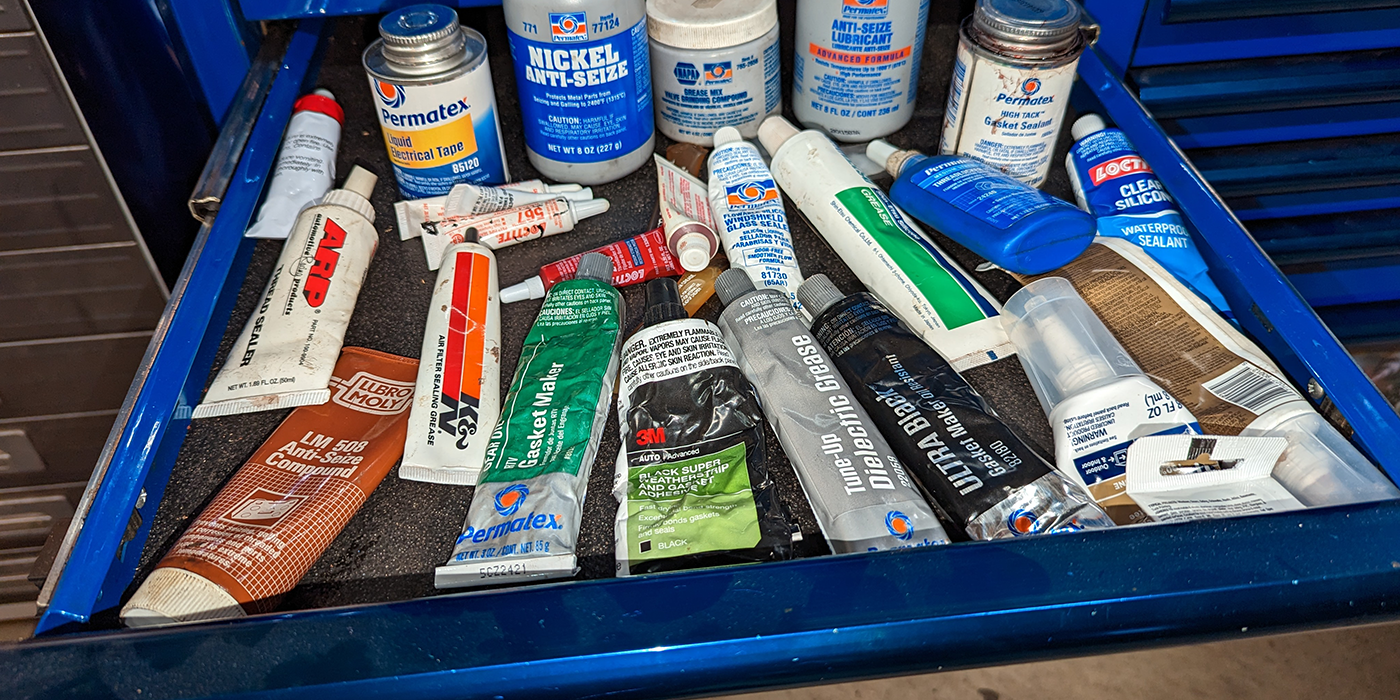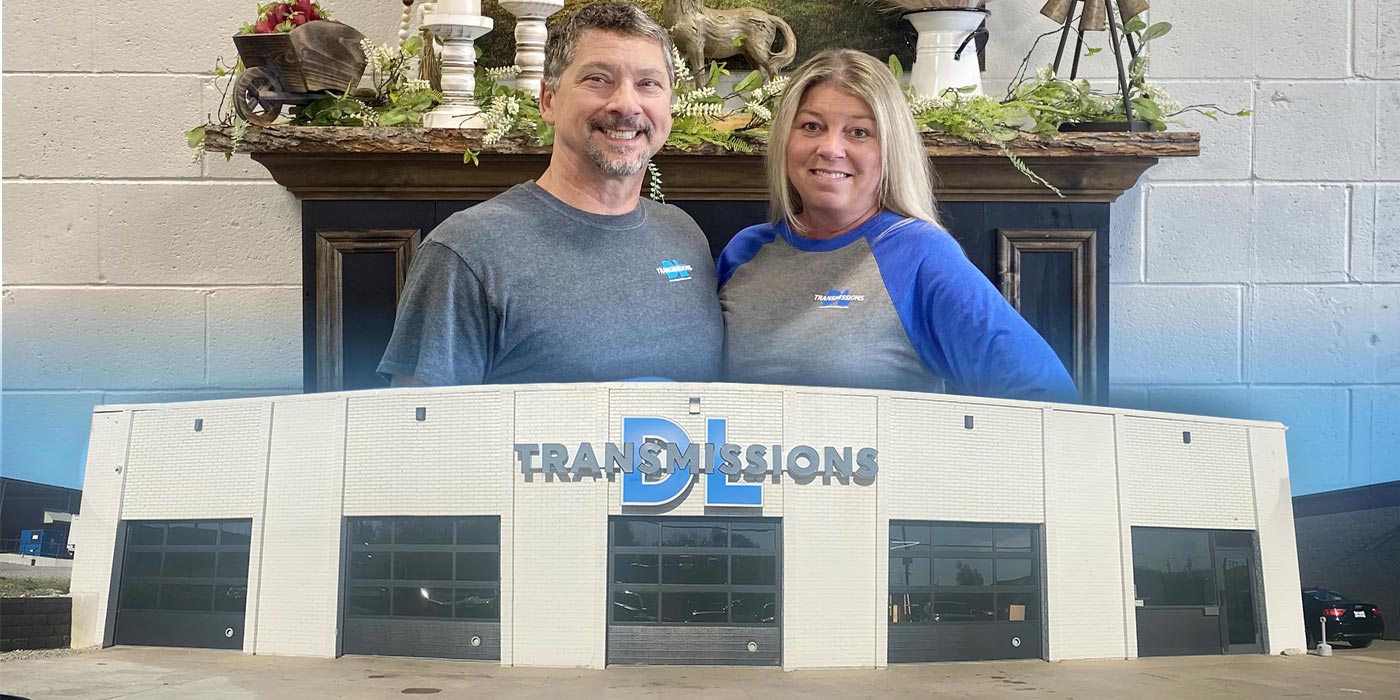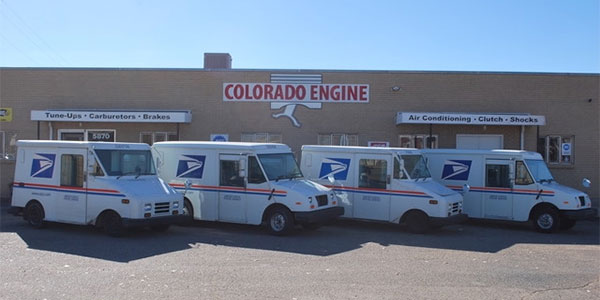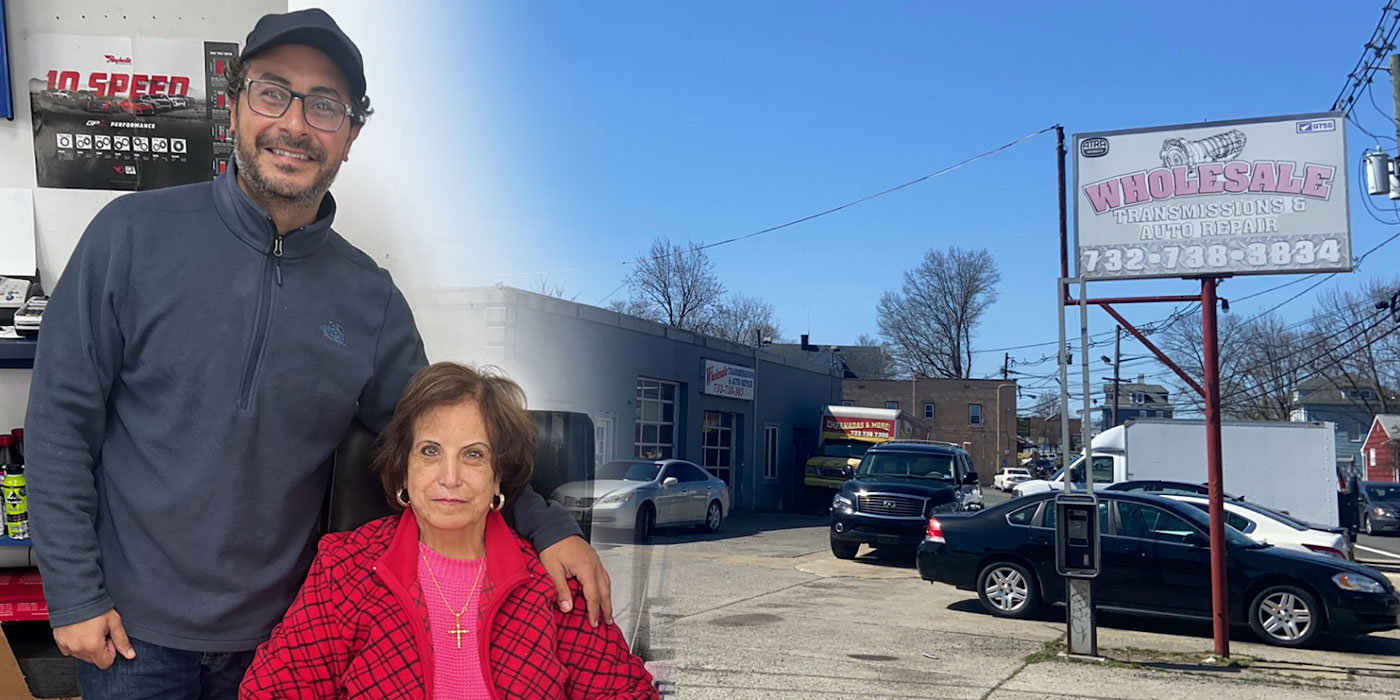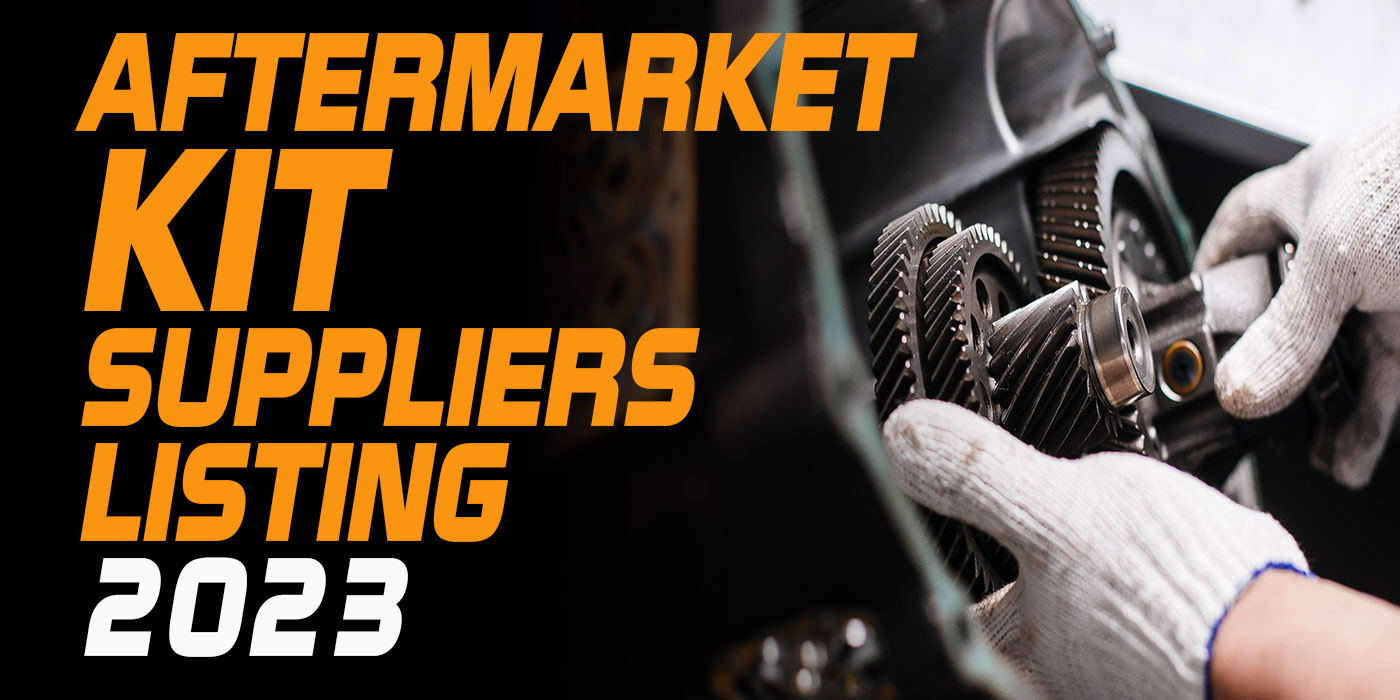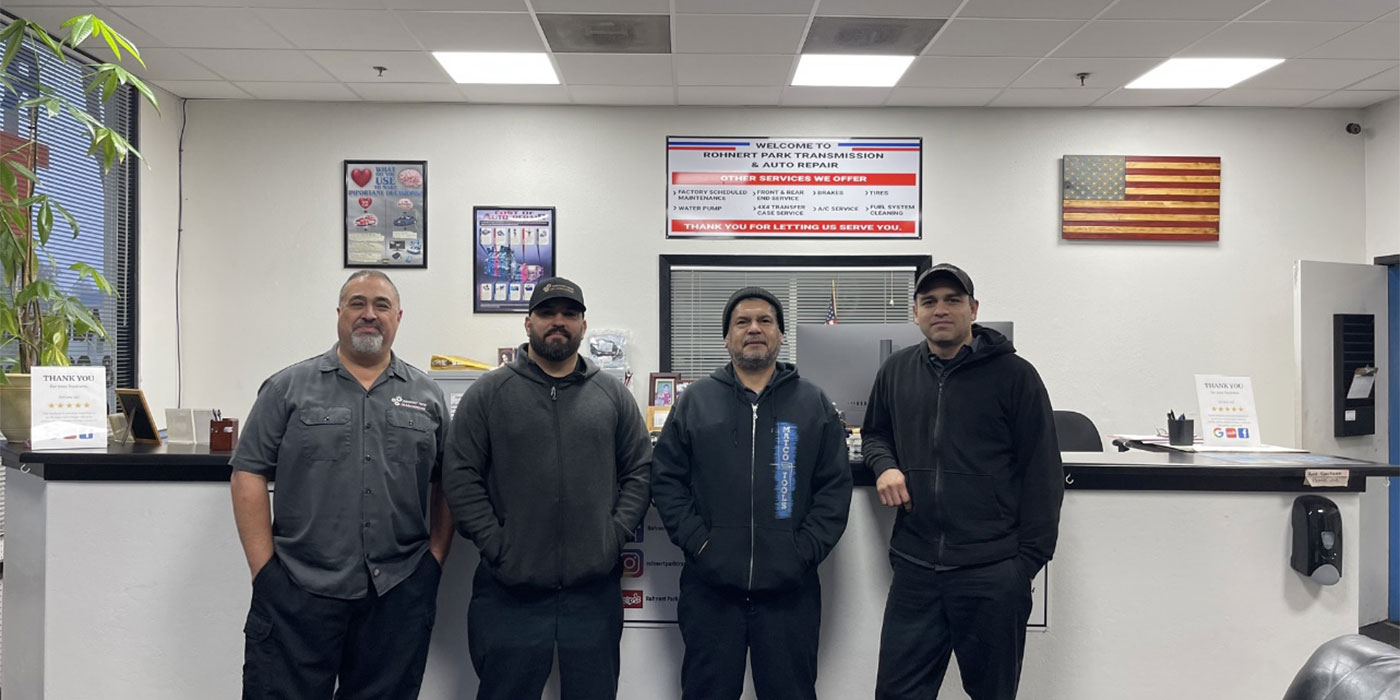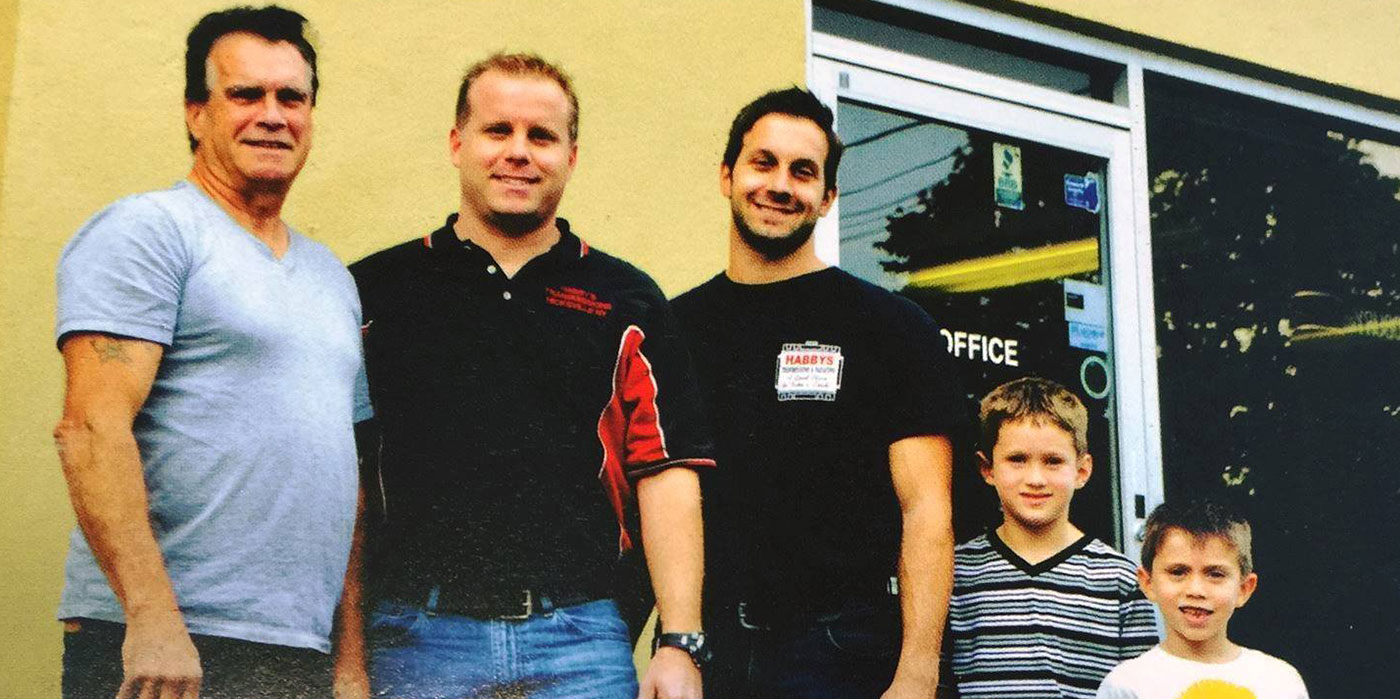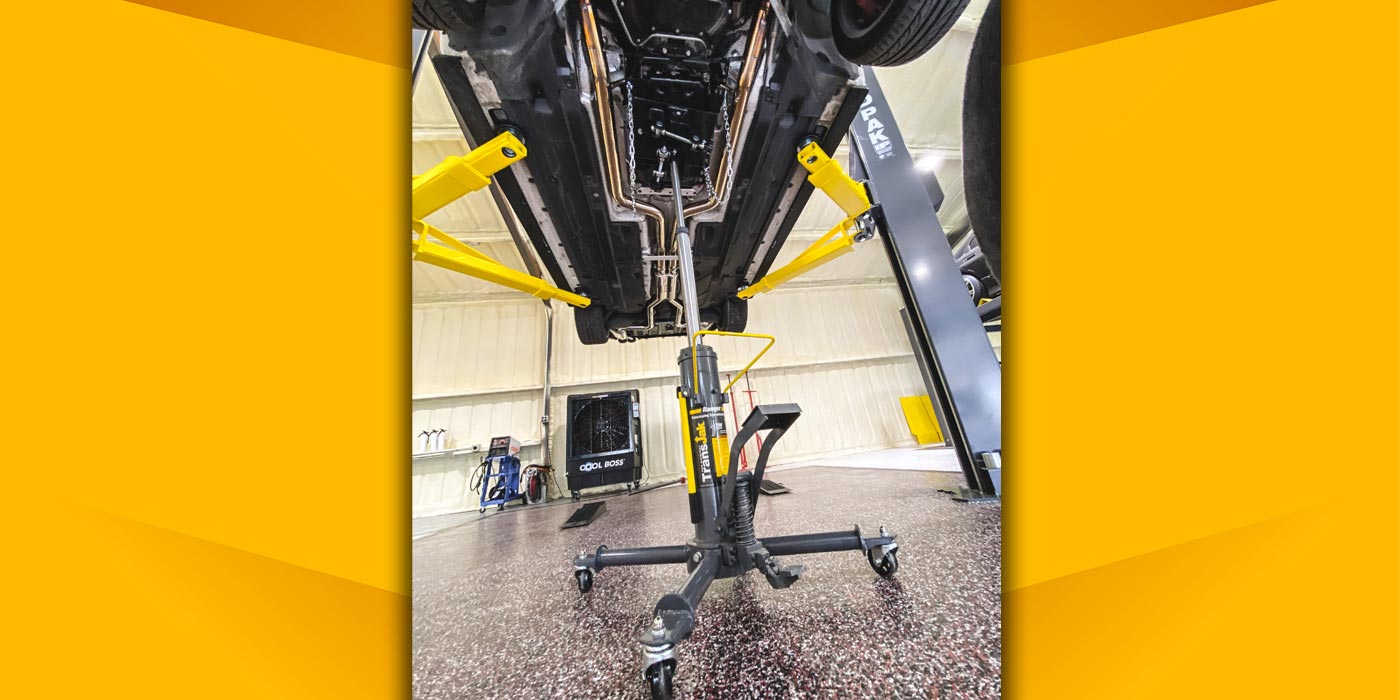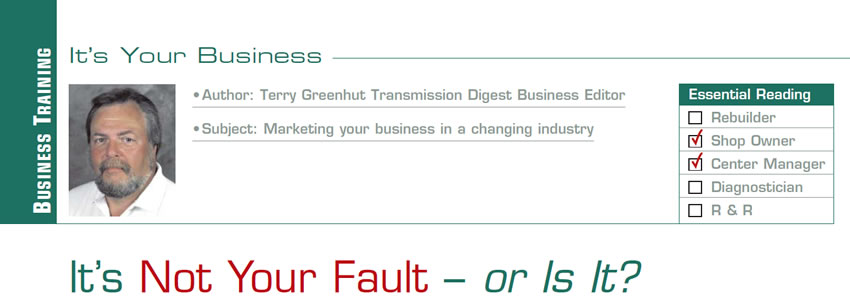
It’s Your Business
- Subject: Marketing your business in a changing industry
- Essential Reading: Shop Owner, Center Manager
- Author: Terry Greenhut, Transmission Digest Business Editor
Many shop owners have fallen victim to the recession in one way or another. It’s a shame that the majority of them had built and maintained good businesses for many years, some for decades, before changes in the industry and the economy took them by surprise. Some have risen to the occasion by rethinking their sales and marketing strategy; others have decided to call it quits because they felt like they had fought the good fight long enough and now just wanted to retire and enjoy the fruits of their labor. That’s fine if they had saved up enough and invested toward their retirement; if not, they’ve placed themselves in a bit of a pickle.
My concern is with the owners who are doing nothing, or close to it, to make necessary changes that can save their businesses, the ones who insist on doing what they’ve always done because it’s comfortable and used to work. They are trying to ride a wave that is slowly pulling them under.
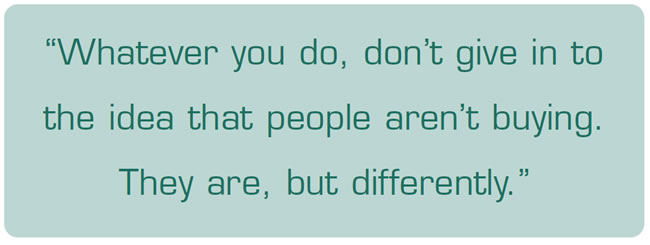
If you’ve been in business for a considerable number of years and of late have noticed a decrease in sales, you might think it involves factors beyond your control, and they might be – but are they? Yes, it’s true that we are in the midst of a very ugly recession that is causing some customers to rethink the manner in which they buy goods and services, and the Internet – as wonderful as it is – has caused its own unique sales challenges by giving pricing and diagnostic information to the general public. The question is, however, “What do we do about it? What do we do when the business has changed?” If we’re too young to retire and want to stick around, we have to change, but we have to be careful of what we change and what’s important to keep the same.
We may need to market our goods and services differently, but we should never change our morality and basic philosophy. We came this far by providing honesty and customer service at profitable prices; to change any of that would prove disastrous. I understand that the fear of charging too much during hard economic times can scare shop owners into lowering prices and not trying as hard to sell everything the customer may need, but the reality is that you need a good price or you won’t be around to sell the customer anything in the not-too-distant future, and it is a disservice not to report everything that’s needed.
Shop owners do grow complacent over the years. The good times brought them plenty of business. New customers who required a lot of repairs and services were readily available. Today new customers are more difficult but not impossible to attract, and a higher percentage of vehicles don’t need as much maintenance and repair as in the past.

To prosper despite these challenges there are two areas that sorely need our improvement: sales techniques to make certain that we are finding and selling customers everything they really do need, and marketing techniques to broaden our customer base. It only stands to reason that if there are fewer services and repairs to perform on each vehicle, we need more vehicles and that means more customers. Here’s a quick marketing tip: Create a “Free Oil Change” coupon for your regular customers to give to friends who are not already your customers. Every time a new customer shows up with the coupon notify the referrer that a friend of theirs came in and give them credit for their next oil change free for sending that person. By doing this you are getting well-recommended customers who are there because a trusted friend sent them, as opposed to coming in for a low-priced oil-change coupon that they find somewhere and that tends to draw only strangers who don’t usually want to spend anything.
Although, ideally, fixing one car a week for $15,000 would be terrific, it isn’t likely to happen. We now need to set our sights on smaller tickets written on lots more cars owned by lots more people. When you think about it, broadening your customer base makes a lot of sense. Just having the exposure to more customers and cars provides the opportunity for more repairs, services and, especially, referrals. You might even run across a product that a larger database of trusting customers could benefit by buying from you.
One thing about our industry that hasn’t changed is that customers still talk about us. They tell their friends and acquaintances whether they had a good experience at the last shop they visited. Being certain to give everyone who comes through your door the best possible experience consistently is still one of the key components to longevity. When a new customer comes in with no doubt as to your honesty and capability because a trusted source told him about you, there is nothing better. It actually makes you braver in presenting the customer with your findings and remedies. You don’t first have to worry, “Will this customer believe what I am telling him?” That’s already been established for you. Now you can focus on selling everything necessary and at profitable pricing. Remember, this customer came because he was told how good you are, not how cheap.
I was recently brought in to consult for a general-repair shop that’s been in business more than 20 years. The owners told me it used to do great but little by little the business is dwindling away. It’s a good-looking shop, and I could see that they treat their customers well. The problem is that they are so afraid of scaring off any more of their regular clientele that they aren’t selling anything. I saw tickets, one after another, with nothing but oil changes on them. Granted, some of them may have required only oil changes at this time, but not all of them.

Something or someone convinced these owners that there was a recession on and that no one was going to buy any more than the bare minimum, so that’s all they try to sell. What’s the point of selling an oil change that you lose money on if you don’t at least try to sell everything you find that the customer needs? One of the first rules of selling is to always give the customer the opportunity to buy. If he or she doesn’t want to for whatever reason they will tell you quickly enough; then it is your job to handle their objections and try like crazy to make the sale. If you keep on selling only minor services when major ones are required, you probably won’t be around very much longer. So if you’ve stopped selling because of some preconceived notion that people won’t buy, then it is your fault, but that doesn’t mean you can’t turn it around.
Check out every car thoroughly. Make a list of what’s needed. Break it down into three categories: safety items that need immediate attention, performance items that should be attended to but are not yet critical, and scheduled maintenance services. Have separate estimates ready for each category, but first present it all as a package. If the customer says he can’t afford it all right now stress the importance of taking care of the safety items and indicate that the others can be handled later if they like.
Now, here is where we need to become just a bit more aggressive. Sometime after the job they approved is well under way (because you don’t want to take the chance of killing the entire sale by trying to push everything on them before the key repair is being accomplished), call the customer and tell him that you’re progressing nicely with the job and that you would like to give him the opportunity to get the rest of the work done while the car is still up in the air. For agreeing to the whole package you might want to give him a little “bundle discount,” telling the customer you are willing to do so because it saves you that much to take care of everything at once. The worst thing that can happen is the customer will turn down the additional work. When he comes to pick up the car you will get another shot at making an appointment to take care of the rest of the items or at least the next stage. So if nothing else you are giving yourself several opportunities to close the sale and keep the car on the lift to help you wisely budget the technician’s time.
Whatever you do, don’t give in to the idea that people aren’t buying. They are, but differently. Make adjustments, but hang on to your core values. They will carry you through both tough times and good.

Terry Greenhut, Transmission Digest Business Editor. Visit www.TerryGreenhut.com.

